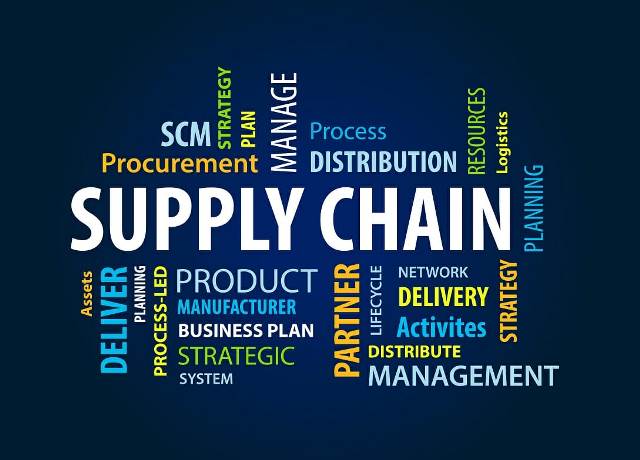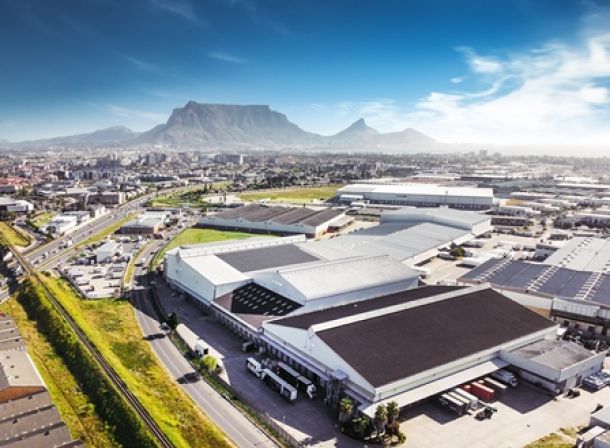Supply chain industry forced to readapt since pandemic and political unrest
The recent looting and unrest have left the South African logistics and freight industry in dire straits with many operators trying to recover and readapting to operate in the ever-changing and uncertain South African climate.

| The Designerie
According to the Road Freight Association (RFA), around 250 trucks were destroyed during the protests in July, amounting to an estimated R500 million losses in assets and cargo. In addition, some operators suffered a loss of income as they were unable to operate.
‘Road carries 80 percent of SA’s goods. Simply put, when trucks stop, SA stops,’ said Gavin Kelly, CEO of the RFA.
‘When the total supply chain is affected, the economic effects are far-reaching, from short to long term.’
Kelly said the cost of the riots to the economy ran into billions of rand resulting in a severe decrease in business confidence from foreign investors. Those who used SA as a transit hub shunned the country and many opted to move to safer and more efficient countries.
As a result, supply chain companies have come up with strategies to ensure consistent, safe, and reliable service even in times of crisis. One such group of companies is the SGX group that combine decades of experience and expertise in Supply Chain Management, Logistics, Trade Marketing, Merchandising and Key Accounts to provide the peace of mind that businesses are looking for right now.
‘For businesses operating in these times of uncertainty, it is essential to adapt to ever-shifting and uncertain environments in order to adequately prepare for disruptions to business operations that are increasing in frequency and magnitude and impacting the public, social and political climate,’ said SGX Leadership.
The Group believes that even in times of unrest, logistics and sales solutions companies should be equipped to safeguard their supply chains and stay ahead of the curve. SGX believes this can be achieved through effective and complete supply chain management solutions.
‘Now more than ever, there is a growing need within the FMCG industry for companies to have a reliable Logistics and Trade Marketing solution that focuses on a personalised approach for their principals and brands. However, not all supply chains are equal, and recent events have separated the great from the not so great.
‘Being able to adapt and meet changing market demands quickly provides a significant competitive edge, and companies that work with a resilient supply chain provider will be best positioned to weather the inevitable next event that obstructs the flow of goods.’
Related Articles

Clicks expands service delivery with the openin...

SPAR drives logistics innovation across distrib...

Futureproofing the supply chain in Sub-Saharan ...

Pioneer foods announces recall of certain 100% ...


